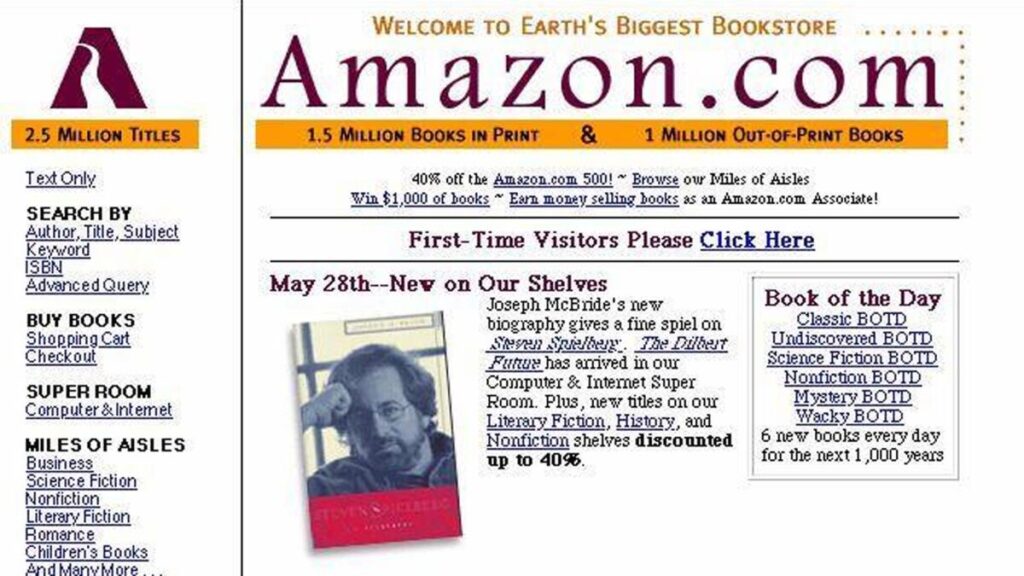
Two weeks ago, a startup founder came to me with a puzzle: their traditional marketing was working well, but their digital presence was getting zero traction. One look at their website and social media told me everything. They’d fallen into what I call the generalist trap, one of the most common pitfalls I’ve observed while advising various businesses.
Even though they had already developed a solid product for a specific niche in their field, their online presence told a different story. Instead of showcasing their specialty, their platforms were cluttered with every possible product they could theoretically sell. This created an immediate credibility problem: to me, and likely to other potential customers, they appeared indistinguishable from their competitors. It raised an obvious question: Why would anyone choose this unknown company over larger, more established brands offering the same broad range of services?
This is where the generalist approach becomes a liability. When you’re new in the market, you’re already fighting an uphill battle for trust. Claiming to do everything as well as industry veterans only makes that battle harder. However, positioning yourself as a specialist in one specific area, especially one where you truly excel, gives potential customers a clear reason to choose you over the bigger players.
Marketing strategists Al Ries and Jack Trout put it best in their book “The 22 Immutable Laws of Marketing”: “The most powerful concept in marketing is owning a word in the prospect’s mind.” This means we should be able to describe our products/services/companies in one word to be remembered by potential customers. The simpler the better. Here are several examples they gave in the book:
- Mercedes: Engineering
- Volvo: Safety
- Domino’s: Home Delivery
- Xerox: Copy
- Coke: Cola
This notion shows how trying to sell everything will make your brand forgotten by potential customers.
Another marketing thinker, Seth Godin, stated something similar, “Everyone is not your customer. If you try to please everyone, you’ll end up pleasing no one.” In his book The Purple Cow, he explains that being a regular brown cow is riskier for business in today’s crowded market. We should aim to be remarkable, a purple cow, instead, and it is very difficult to be remarkable when you’re trying to be good at everything. “The key to success is to find a position that is both narrow enough to let you be the best in that category and broad enough to be financially viable,” he wrote.
Look at today’s most successful companies: they all began by introducing one specific product before offering others. Tesla entered the automotive market not by competing across all segments, but by focusing solely on high-performance luxury electric vehicles – establishing themselves as EV specialists in a market dominated by traditional automakers. Even now, after they diversified to solar panel and power wall markets, they maintained their core brand identity as EV innovation expert. Amazon, now known as “the everything store,” started with a laser focus on being the world’s best online bookstore (see the picture above), perfecting its e-commerce model before expanding to other categories. Similarly, Mailchimp built its reputation as an email marketing expert first, and even today, despite offering a full suite of marketing tools including website builders and digital ads, they maintain this specialist positioning that sets them apart from broader marketing platforms. These companies show a clear pattern: establish expertise in one area, build trust and systems around that specialty, and only then gradually expand into broader offerings.
While focusing on a specialty means potentially passing up opportunities in the broader market, this targeted approach is more likely to generate actual sales than trying to appeal to everyone but it leads to no avail. At least as a specialist, you have a clear value proposition that resonates with your target audience so they will remember you well and recommend your product to their friends. After gaining loyal customers in your specific niche, you can also start recommending other complementary products to them so your business can gradually grow.
Many founders resist specialization because they want to grow quickly. While this desire is understandable, rapid expansion across multiple product lines requires significant resources. You’ll need substantial capital not just for running separate marketing campaigns for each product line, but also for maintaining quality across diverse offerings. Each product category typically demands its own target market and marketing strategy. Without proper quality control systems in place, expanding too quickly can backfire. When you can’t maintain consistent quality across multiple product lines, customer disappointment leads to negative reviews and a damaged reputation. This erosion of trust ultimately results in fewer customers, not the growth you were aiming for.
Going back to the founder, I suggested him to rebrand their website and social media to focus on their strength. Within just one week of repositioning, they secured their first 14 sales through digital channels, a promising start that validated their new focused approach. If they can keep conveying the exact same message through all of their marketing channels, they will get more sales.